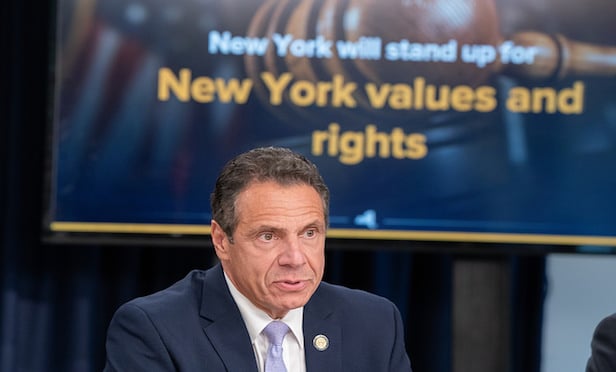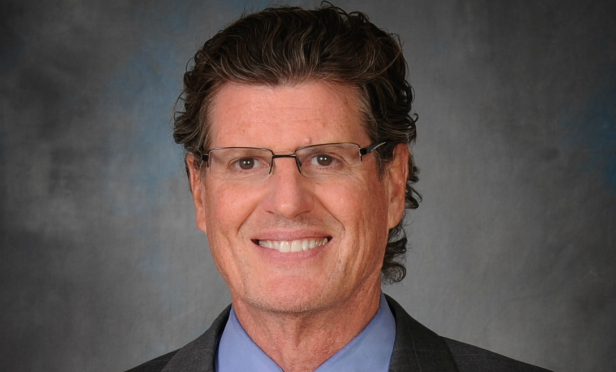The regime is trying to “break the rice bowls”, meaning break the power of the elite and oligarchs, and certain state owned industries where corruption was beyond rampant. They began with a massive crack down on general corruption arresting very powerful people and other more ordinary corrupt politicians and businessmen. That program is and will continue on a massive scale. They then cleaned out members of the regime who were old guard and not followers of Xi and this massive crackdown. This was to eliminate as much top level pushback and possible retaliation as possible and to eliminate the threat of a coup. When they go after these top people they take down the family so there are no potential enemies. Bo being the prime example. In short they have been clearing out anyone who might pose a threat and who might try a coup of some type. That includes oligarchs who have wide networks and power.
They next took down the men who controlled oil. That had a bigger reason. Then they took down the railway industry which blew thru $100 billion budget per year and a substantial amount was stolen. It was the most corrupt of all government agencies. Next they are working on coal. The reason to first take down oil was so now when they go after coal they push oil in to replace the coal. Don't believe the nonsense that this shift from coal is really all about climate change. They do want to cut pollution, but It is much more about consolidating power and ending the massive corruption and powerful people in the coal industry. Similarly they took down the leaders of several provinces. There were three provinces that were especially corrupt and were their own power centers able to ignore Beijing and do what they wished. .
All of this is being done to consolidate power in Beijing and to get control of the country. They feared that the younger –under 30 generation- is fed up with corruption and the belief that opportunity is stifled by the oligarchs and corruption. There is a fear that the young with social media pose a real threat unless they see the rice bowls broke. What is really happening is a massive culture change in China that is very complex and requires total control by the regime to pull it off successfully. There is a real risk that so many powerful people are being arrested and stripped of their ill gotten wealth, that they might try a coup to regain control. Unlikely now, but a risk.
China has so many massive internal problems that they have no interest to invade other countries and take on major new problems, nor to start a military confrontation with the US. Between the Muslims, Mongols, and other tribes and ethnic groups, and the corruption campaign, they could not handle war of any type. Kissinger said China has never really invaded other countries. Their focus has been, and still is, to protect the empire. The islands in the South China Sea are part of that and to have influence over nearby countries, but not to invade them. The military is trying to create weapons to keep our military at arms length not to attack us. It is highly likely that over time there will be a resolution with Taiwan that is worked out to maintain business relations which are extensive, somewhat on the order of Hong Kong- in the orbit but some autonomy. Hong Kong has had its current status for 20 years, and it mostly works, so it is a good template.
The result of all of this is that money has left banks and is literally hidden in walls and other hiding places in cash. It is then moved out secretly. The government is aware of all the corrupt money that went offshore and has now begun a successful campaign to retrieve it and to extradite people from Canada, and other countries where they are hiding. They are succeeding. This has scared everyone. Even honest investors have gotten swept up in a few cases. It is not just dirty money. The more honest ones were people who they felt posed some other threat to the regime. In the past several months the level of fear among the elite is palpable and growing. Nobody knows who is next. That has a detrimental impact on internal investing. It also means more money will go offshore over time as it is secretly moved out.
China needs to go through this clean up to really break the rice bowls and to give the younger generation the feeling they will now have an opportunity to get ahead, become wealthy and to live a better life. This will take several years but the impact is being widely felt now and the outcome is not completely clear. It is a very dangerous game they are playing by arresting so many powerful people and stripping their wealth. Those people may not go quietly. As with other regimes in history in countries where corruption and power matter, it often comes down to killing the threats. It will be interesting to watch how this all plays out in China.
The stock market crash is serious, but almost a side show to the real things that are going on.
© 2025 ALM Global, LLC, All Rights Reserved. Request academic re-use from www.copyright.com. All other uses, submit a request to [email protected]. For more information visit Asset & Logo Licensing.







